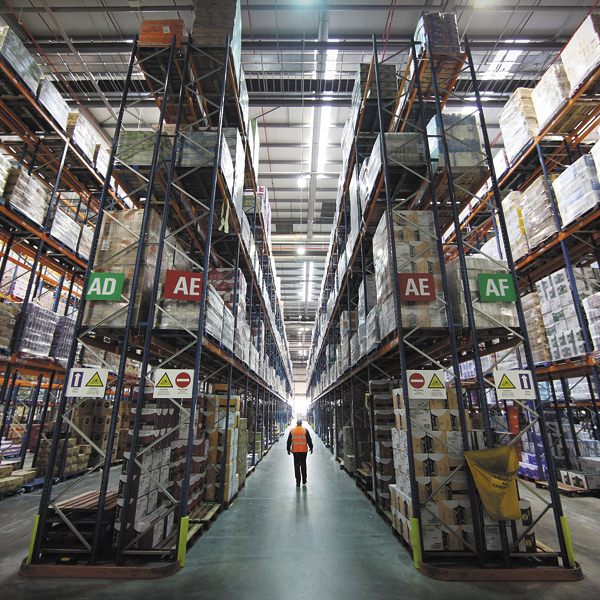
Consumers
A world of increasingly well-informed and wealthy consumers is driving a revolution in how goods are made, marketed and sold, writes Louise Lucas
From the immediate postwar era, when shortages, rationing and black-market dealings defined the consciousness in much of Europe, to the freshly minted middle classes proliferating across Asia, Latin America and Africa, the ability to see, want and buy is an integral part of the human psyche. Manufacturers of goods – both those we need and those we could comfortably do without – have monetised this with abandon.
Thus, more than a century after the first Ford motor car rolled off the assembly line, there are now more than 1bn cars on the planet. In China alone, 120m passenger cars ply the roads; this in a country whose roads not two decades ago were dominated by bicycles.
However, the capriciousness of consumers, and the size of their wallets, makes this two-way traffic. In 2011, for the first time since the second world war, Italians bought more bikes than cars – a big turnaround for the country that spawned marques such as Fiat, Ferrari and Lamborghini and where car ownership became a symbol of the 1960s economic miracle.
Or take fashion. The desire for cheap but chic clothes has, over the past two decades or so, resulted in disposable fashion and the rise of stores selling of-the-moment kit that, with T-shirts going for $5-$10, are clamouring for attention on the world’s high streets.
Some, such as Zara of Spain, have new stock arriving on a weekly basis, enticing customers to come in and update their looks each weekend. A wealth of supply chains make that easier: switching suppliers for western European branches from, say, China to the Czech Republic makes just-in-time shopping easy. If bright orange is suddenly in, tangerine bikinis can be on the hangers within days.
The luxury sector does not move quite as fast but is no less covetable. That market, whether for yachts, frocks or safaris, is set to hit $1.5tn this year, roughly matching the entire economic output of Spain or Australia, according to Boston Consulting Group.
Luxury goods and services have the merit of being about more than keeping you warm or – in the case of a $1,000 bottle of aged Scotch whisky, sating a thirst. These are status symbols that, in the natural order of things, go with accumulating wealth.
This is seen in the rapidly growing sales of luxury goods in the likes of China, which accounts for 10 per cent of the global market. Chinese travelling overseas make a further 12 per cent of purchases, according to Altagamma, the Italian luxury industry association.
Manufacturers have played to this, carefully segmenting their product ranges. In retail too, supermarkets might offer basic ready meals alongside middle-of-the road versions and pricier, hopefully nicer, top-of-the-range ones. And designers have diffusion or “little sister” lines, or offerings of $60 perfumes to those who are unable to splash out $2,000 on a bag, for example.
Distillers have also perfected the art, selling vintage whiskies in crystal bottles, monogrammed if desired. Diageo, the world’s biggest distiller and the name behind Johnnie Walker Scotch (bottles from £18 to £100,000, for the Diamond Jubilee limited edition), has perfected this art, serving some of its priciest concoctions in the Johnnie Walker House in Beijing and Shanghai.
These clubhouses, redolent of decadent 1920s Shanghai, illustrate another way manufacturers and retailers are exerting their pull on consumers’ purse strings. Membership of clubs, whether exclusive drinking houses or supermarkets’ everyone-qualifies loyalty schemes, allows purveyors of goods to track our habits and learn our tastes, thus encouraging us to buy more.
Supermarket loyalty cards prove the point. Buying nappies, for example, will flag you up as a new parent and thus a potential customer for infant rice cereal, rattles or soft toothbrushes for barely existent baby teeth.
Again, power works both ways. Along with more money, consumers have greater leverage in the form of price comparison websites and smartphone apps in a world where austerity looms large.
It is perhaps fitting that people power, which has been a powerful agent for change in the political dynasties of the Philippines and swaths of the Arab world, is alive and kicking in the shopping aisles of the west.
